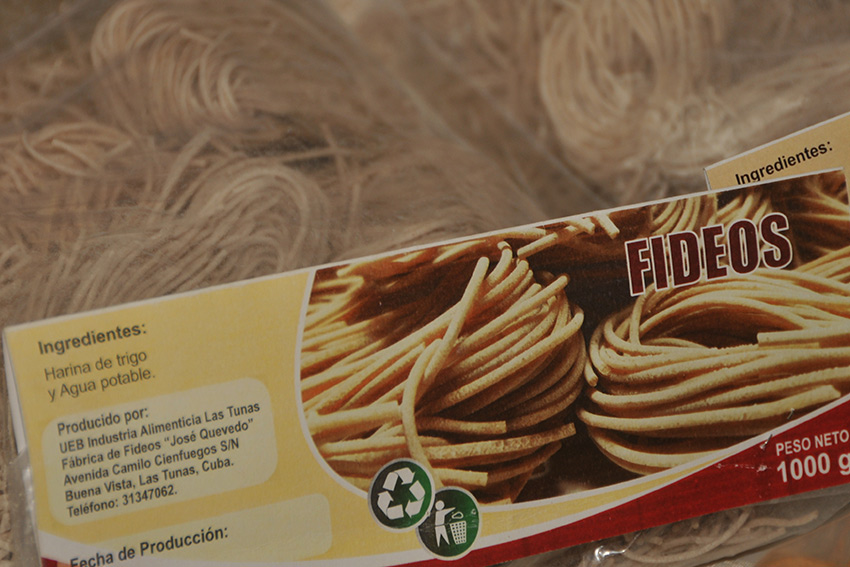
In addition to guaranteeing the production of bread for the standard family basket, the Provincial Integral Food Industry Company (EPIA by its acronym in Spanish), in Las Tunas, is diversifying its production with the production of sweets, biscuits, and other varieties.
Las Tunas, Cuba.- Alberto Fonseca Rodríguez, director general of the entity, told the Cuban News Agency in an exclusive interview that although bread is still the main product, they are also working on noodles and fruit pulp, in which IntalSUR, the first foreign-invested company in the Integral Food Industry of Las Tunas, set up three months ago, plays an important role.
The manager explained that the La Violetica sweet shop, located in the vicinity of the central Antonio Maceo Park in the city of Las Tunas, became the first of its kind to enter the private sector in the province, which allows it to sell cakes and other varieties of sweets; it is currently immersed in a process of cost study for the gradual reduction of prices.
The purchase of more than 30 tons (t) of wheat flour, as the main raw material for the production of bread, responds to the entity's strategies for marketing in the retail network and sales of other varieties, such as hard crust bread, to the population.
Fonseca Rodríguez added that this is the second time that these acquisitions have been made, after the first one of 15 tonnes, which allowed the market to be studied and the industry to be boosted in the face of the deficiencies generated by the lack of supplies.
Ninety percent of the company's products are based on wheat flour, which is why the destinations include not only the bakeries but also the 14 sweet shops in the eight municipalities and the noodle factories in the capital city and in Manatí, in the north of Las Tunas.
Until the end of September, EPIA did not have sustained productivity, due to the deficit of inputs and the thorny context with the energy carriers; however, it plans to increase daily manufacturing capacity during the rest of the year and to recover other modalities in conjunction with the Ministry of Agriculture in the territory.





